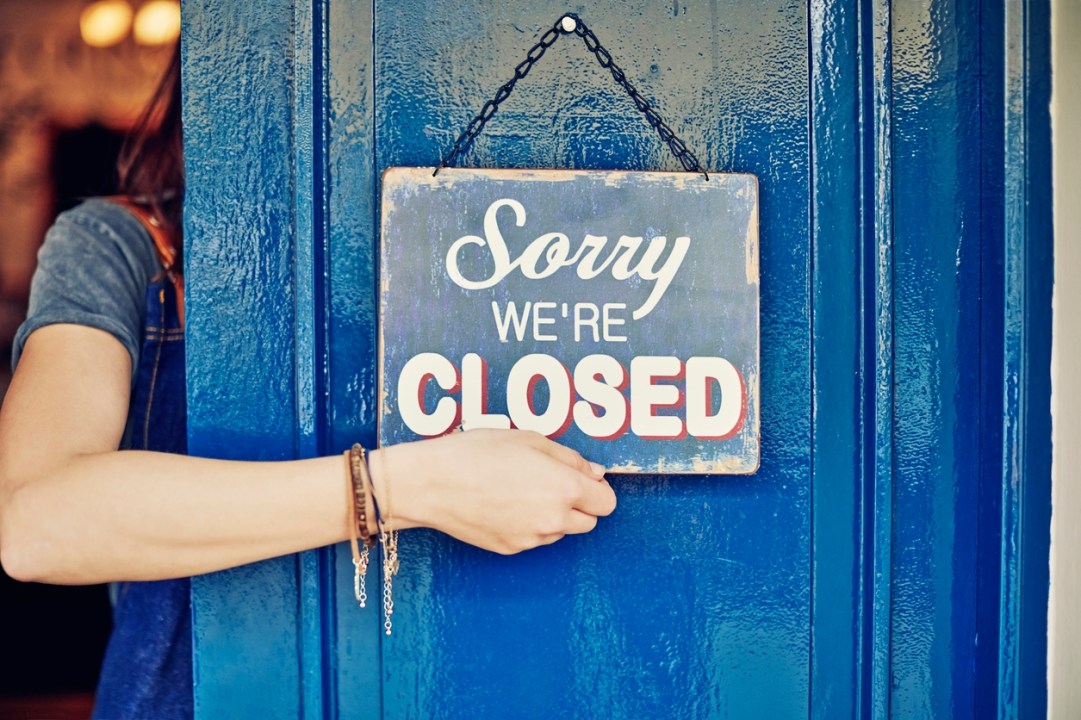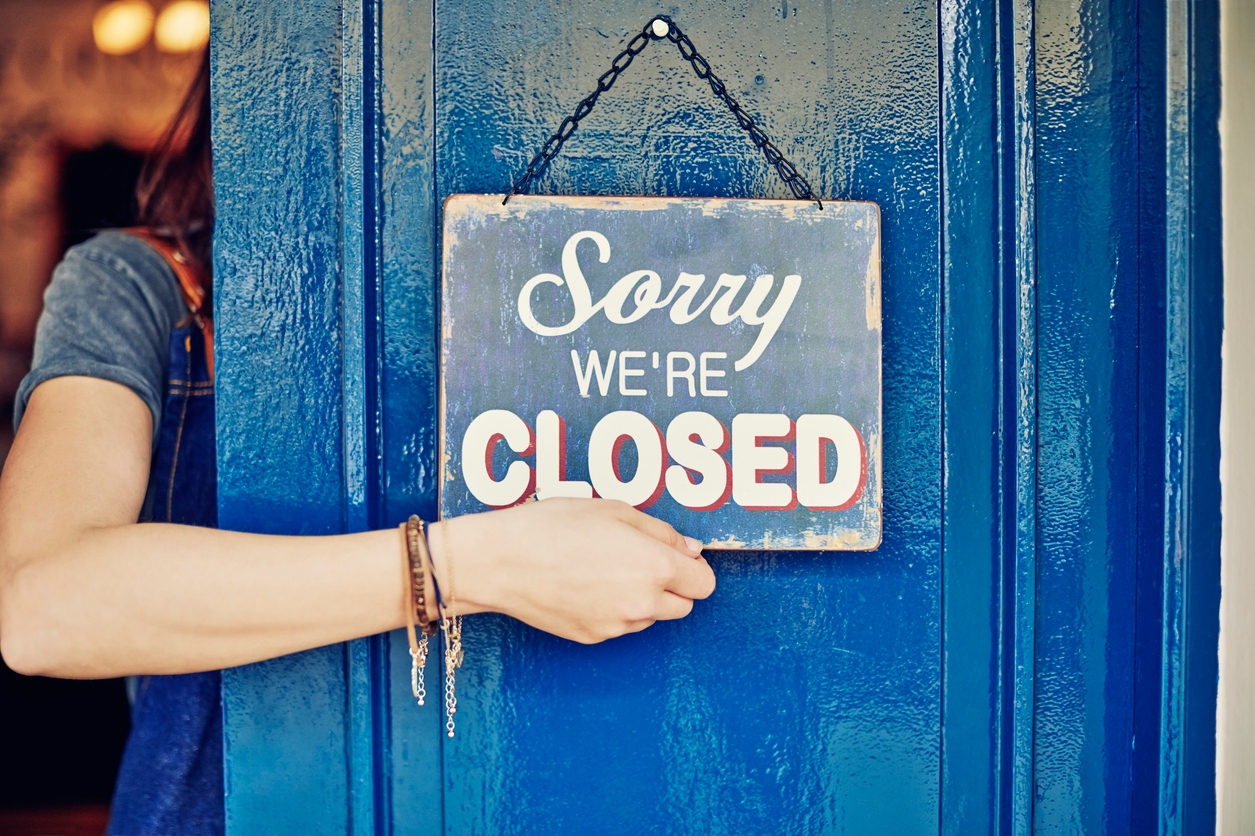What an enriching business it is, having a global pandemic. That is the conclusion, at any rate, one might reach from reading, in isolation, the government’s figures on employment and earnings. According to the Office of National Statistics (ONS) the average earnings for employees have risen by 4.7 per cent over the past 12 months – finally lifting the nation from a lost decade of near-static wages. Never mind that the economy tanked by nearly 10 per cent last year, nor that whole sections of the economy are in the deep freeze, we’re in the middle of a pay bonanza the likes of which haven’t been seen in Britain for a decade and a half.
No, it doesn’t make much sense to me, either. It is yet one more bizarre economic statistic to have come out of this crisis. Among the others is the huge drop in corporate bankruptcies, which were at their lowest level last year since 1989. Then there is the official unemployment rate. While it has risen by 1.3 per cent over the past 12 months, does anyone really think that an unemployment rate of 5.1 per cent accurately reflects the economic turmoil of the past year?
The reality is that we have never had so many people standing idle in recorded economic history. While the official unemployment rate has risen by a quarter, the ‘claimant count’ – the number of people claiming unemployment benefits – has more than doubled over the past year to 2.6 million. Add to them the 1.85 million males and 1.88 females who were furloughed on 31 December you get a more realistic figure for unemployment of around 6.3 million, twice as many as during the deep 1980s recession. And that was before the most recent lockdown began.
How many of these jobs will return? Who knows, but it is improbable that all furloughed workers will merrily return to work once restrictions have been lifted. In many cases the pandemic will have caused a permanent shift in the economy so as to squeeze their jobs into oblivion. For their employers to put them into furlough – where they receive 80 per cent of their salary, up to £2500 a month – may seem like an act of kindness, but it comes at the price of giving people false hopes. All the time that would have been put into retraining and looking for new opportunities has gone on watching Netflix instead.
As for that sharp increase in average pay, that gives you a clue as to who has fared the worst in the economic crisis. The average has risen because it has been the low-paid who have disproportionately been losing their jobs. Many in secure, especially public sector employment, who have been able to work from home, have been able to sail through the crisis with their earnings and pensions unscathed. It is the waiters, the shop assistants, meanwhile, who have been losing their jobs. Job losses have been especially high, too, among the young. Even before the crisis, many felt they were at the wrong end of intergenerational unfairness. That has been exaggerated by the pandemic, thanks both to the jobs market and house prices which, perversely, have grown over the past 12 months.
But we won’t see the full scale of the damage until the furlough scheme is finally withdrawn (if it ever is) and we can see the raw statistics for unemployment. My guess is that they are not going to be pretty.








Comments